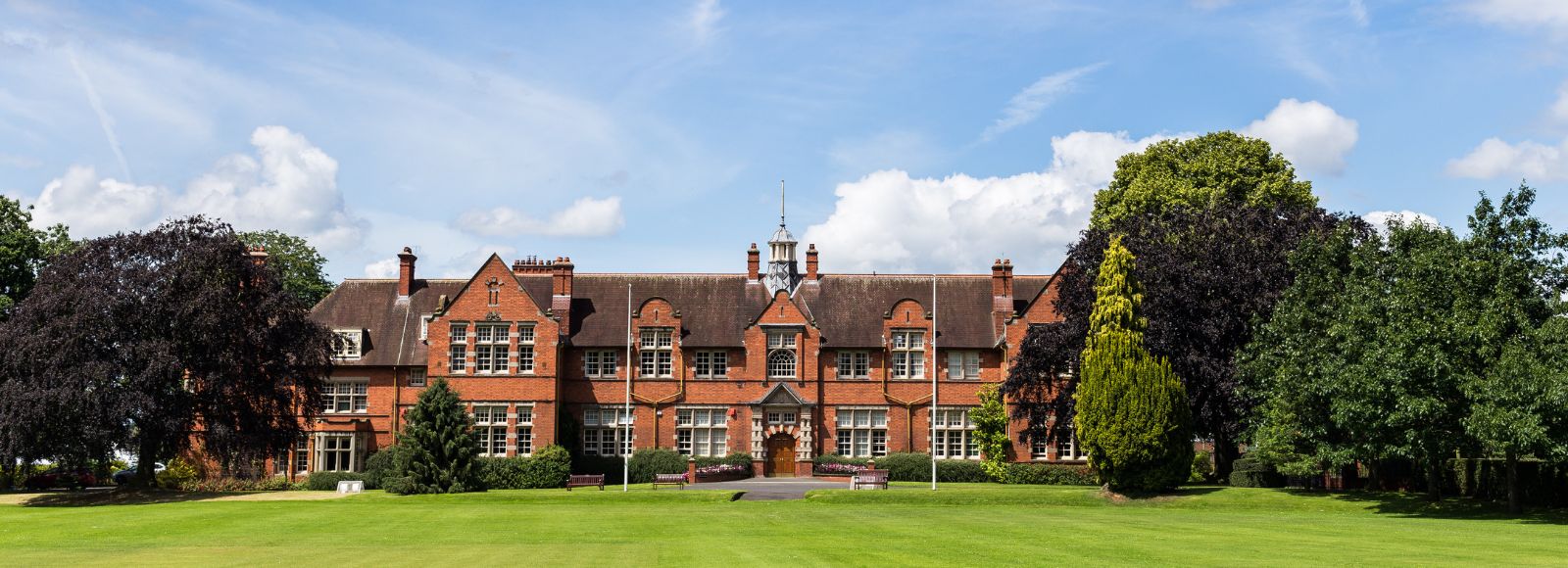- ...
Postgraduate Studentships - Search for funding opportunities.
The course has a particular focus on conservation and agriculture. There is currently a shortage of expertise in this important topic, which is a key element in the effort to ensure global food security and the understanding of biodiversity. By successfully completing this course you will develop a range of abilities that will prepare for an interesting and fulfilling career in an area with considerable opportunities.
Insects and allied invertebrates comprise approximately 78% of the world’s macro-biodiversity, whereas vertebrates, even using the most generous estimates, make up less than 3%. Consequently, insects and their relatives play an important role in all of our ecosystems. They range from beneficial insects such as pollinators and natural enemies to essential parts of the decomposition cycle. Many insects are also important pests of agriculture, horticulture and forestry, compromising food security and causing significant economic losses. A number of insects are also pathogen vectors and pose a serious threat to human health. Although pest species generally receive the most attention, most insects are not pests. Many insects are rare or endangered and need to be managed for conservation. Other insects are used as model organisms for evolutionary and genetic studies.
The course aims to provide students with specialised training in entomology, conservation and pest management. Specifically, the course will:
The course is intended to provide students with a detailed, yet balanced, understanding of both basic and applied entomology and the issues associated insect ecology and conservation as well as pest management. An extensive programme of agri-environment research and long-standing national and international collaborations with research institutes, universities and other research organisations underpin this course.
A distinctive and integral feature of our MSc is the high degree of input from entomologists and ecologists in collaborating governmental and non-governmental organizations. This participation takes a variety of forms, including guest lectures, field visits and specific training courses, but may also include providing research projects in their organizations.
Examples of collaborating organizations include The Natural History Museum London, CEH Wallingford, Butterfly Conservation, Bug Life, Horticultural Development Company, Rothamsted Research, and Forest Research.
A UK honours degree (minimum 2:2) or equivalent overseas qualification. Applicants with a good FdSc/HND pass in a relevant subject area plus at least two years’ relevant industrial or professional experience may also be considered.
Previous experience, referees’ reports and interviews will be used to determine the suitability of candidates for particular programmes.
For fees and funding options, please visit website to find out more.
There are many sources of financial assistance available, please visit website for details.
Students holding an MSc in Entomology have gone on to work for research institutes such as Rothamsted Research, FERA (the Food and Environment Research Agency), the James Hutton Institute, commercial biological control companies, the agrochemical industry and as agronomists and ecological consultants.
They have also gained employment with conservation bodies such as Natural England, Scottish Natural Heritage or overseas. Typically 70% of Entomology MSc graduates will go into research careers or onto PhD courses.
MSc 180 credits from:
Optional Modules
PGDip 120 credits from:
Optional Modules
PGCert 60 credits from:

Postgraduate degrees that matter at Harper Adams University The world is facing many challenges; be it food security, climate change, sustainable te...